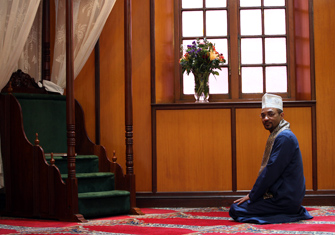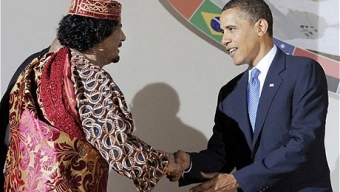
What do the widespread demonstrations against the anti-Islamic YouTube video “The Innocence of Muslims” teach us about the state of the world at this time in our history? Now that the hype has gone and the dust is beginning to settle around this episode it is a useful time to examine the lessons we can learn from the global Muslim protests against the film.
First, and foremost we need to once again make it unequivocally clear that the loss of innocent lives is to be condemned in the strongest terms. The depiction of the Prophet Muhammad in a negative and profane manner was a clear and deliberate provocation, but the sanctity of human life is a supreme value in Islam and nothing is worth the cost of a human life….

The Claremont Main Road Masjid joins the Libyan People and Muslims all over the world in unequivocally condemning the killing of U.S. Ambassador to Libya, J. Christopher Stevens, and three of his staff members. The sanctity of human life is a supreme value in Islam and nothing is worth the cost of a human life. Such heinous acts of murder and violence are dishonorable and betray any expression of faith in Islam….

David Cameron’s statement regarding the killing of Moammar al-Gaddafi will go down as another piece of brash hypocrisy, which would be breathtaking if it was not so expected from the British premier. He mentioned that he was “proud of the role that Britain has played” in the uprising – intending of course the support given by NATO once it was clear that the Libyan people had risen up against the man en masse.
The American theologian H. Richard Niebuhr began his prescient, perhaps timeless, essay on the Sino-Japanese War – “It may be that the greatest moral problems of the individual or of a society arise when there is nothing to be done.” In the face of a colonial conflict in Asia, and calls for U.S. intervention, Niebuhr urged an active inactivity.
As we in the West celebrate their accomplishments and support their efforts, it is important to temper our expectations and widen our conception of responsible government. The heritage of most Christian reflection on politics has been relatively pragmatic concerning acceptable and appropriate social arrangements.
